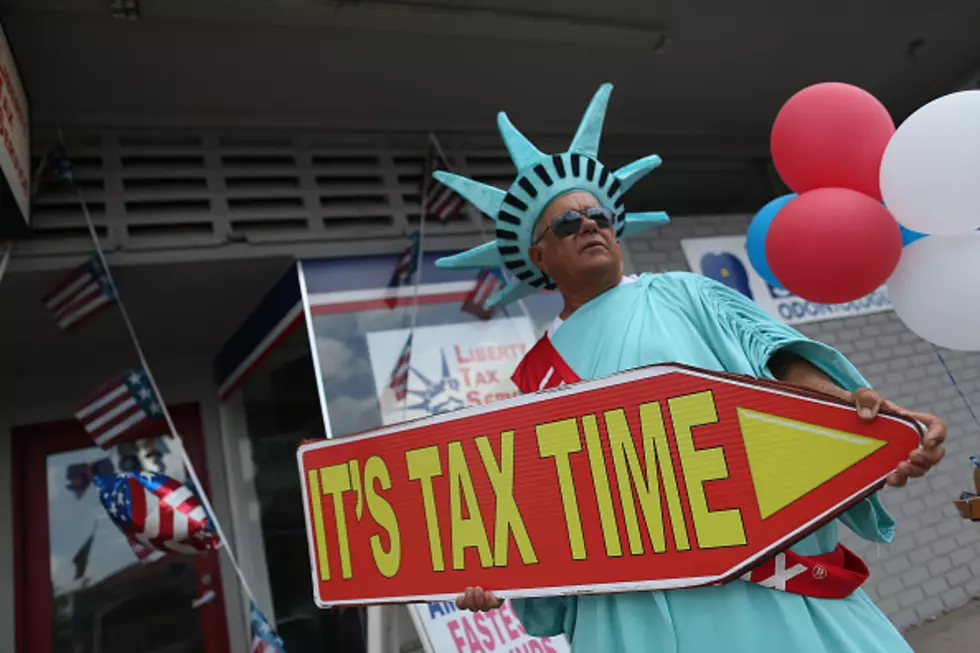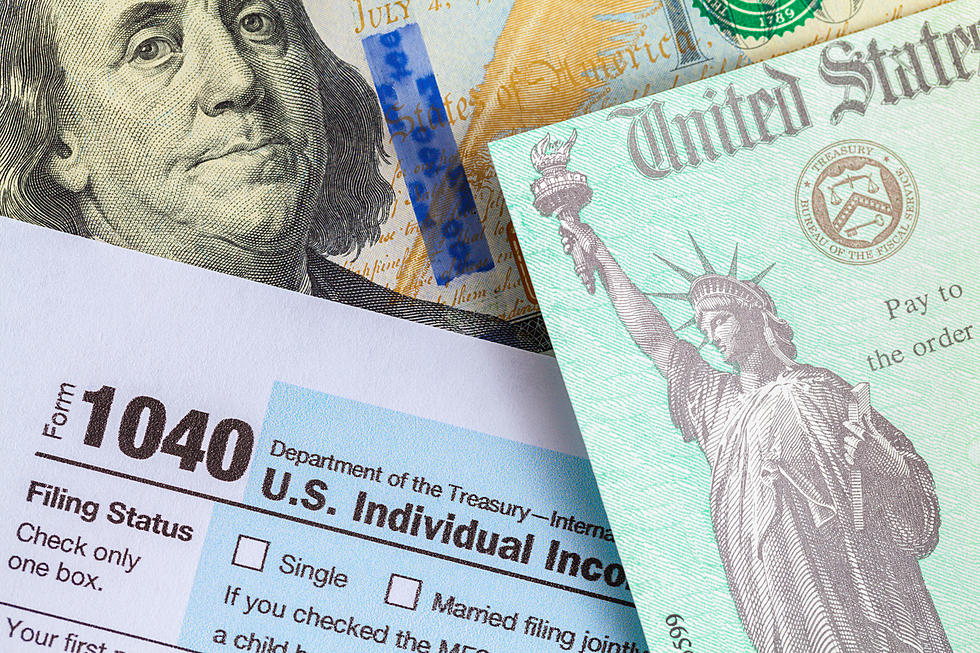
More And More People Are Doing This With Their Tax Refund
For many of us, the annual return of our hard earned money from Uncle Sam or the state in the form a tax refund is like a second Christmas. That little gift of what we've already earned but loaned to the government for several months has been the gateway to new cars, sound systems, vacations, and other wanted but not necessarily needed items.
However, a new study indicates that more and more of us are doing something with our tax refund that we have never really done before. We are putting it in the bank or some other form of savings plan.
When so many Americans, especially middle-class Americans, come into a little extra money, we’re not as fast to spend it as we once were because those scars from that economic meltdown 9 years ago are still very fresh in our mind.
That's what Matt Kennedy told the Louisiana Radio Network. Matt is a financial planner and he was discussing the findings of a recently released survey done by the National Retail Federation.
Maybe the most surprising item in the survey of those receiving tax refunds is who is doing the saving and who is more likely to spend. The findings indicate the often maligned millennial generation is the demographic that plans to hold on to more of their tax refund.
And they’re saving it for a rainy day. We have a whole new generation of young people coming up who are actually more conservative than their parents when it comes to money and comes to spending.
According to the survey, 48% of Americans plan on saving the money they have loaned the government. Those numbers were fairly similar to the findings released in last year's NRF survey. Those numbers are based on national numbers but Kennedy suggests in his comments that the number of savers versus spenders is likely to be higher in Louisiana because of one major reason. That reason is the historic flooding of 2016.
In the past, there may have been this tendency to go ahead and spend the money and worry about the debt later. But there has been a fundamental mind shift and part of that shift is, eradicate that debt first, spending on myself later.
Since the high water caught a lot of people unprepared the desire to decrease debt or hold on to more cash for later repairs is stronger than ever. Maybe that's where the phrase "saving for a rainy day" actually came from.
More From 97.3 The Dawg









